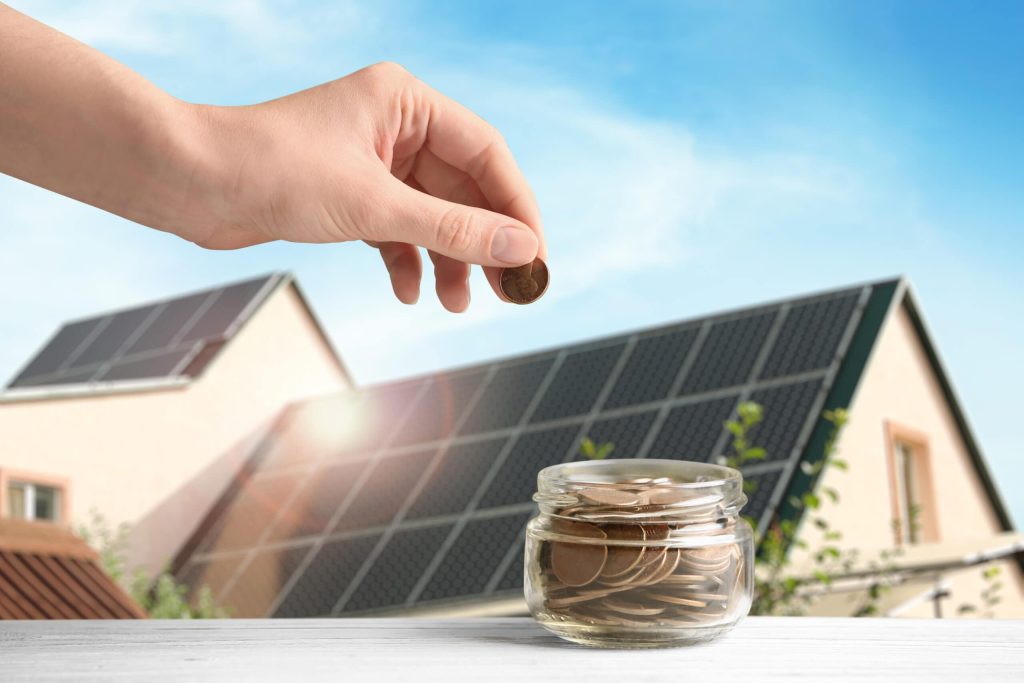
How Net Metering Can Turn Your Solar Investment into a Money-Maker
When you think about solar panels, what’s the first thing that comes to mind? Cutting down your electricity bills, right? But here’s something even cooler—you could earn money from your solar power system. Yes, you read that right! With Net metering in Pakistan, the energy your solar panels generate isn’t just for your home—it’s a potential revenue stream. Let’s dig into how net metering works and how it can help you maximize your investment. And if you’re curious about how solar panels can slash your electricity costs, don’t forget to check out my blog on Solar Energy and Your Bills: Myth or Money Saver.
In What Ways Does Net Metering Work?
Your solar panels are working overtime, soaking up the sun and producing more electricity than your household needs.
What happens to that extra power? It is not wasted while using net metering.
Net metering is a system where your unused electricity is sent back to the national grid. Your utility company gives you credits in return. Think of it as an energy piggy bank: During sunny days, you deposit excess energy into the grid, and on cloudy days or at night, you withdraw it.
Here’s the best part: If your deposits exceed your withdrawals, you could get paid for the extra power you supply. It’s like turning your rooftop into a mini power plant that powers your home and earns you cash!
How Net Metering Works in Pakistan
The National Electric Power Regulatory Authority (NEPRA) oversees net metering in Pakistan. To qualify, you need:
- A solar system with a capacity of at least 1 kW.
- Approval from your local DISCO (Distribution Company).
- A bi-directional meter to measure both the electricity you use and the electricity you send back to the grid.
Once you’re approved, your DISCO will credit you for the excess electricity you supply. This can significantly offset your monthly bills, and in some cases, you might even earn more than you consume!
Why Should You Consider Net Metering?
The question, “Is it worth the hassle?” may now be on your mind. Absolutely! Here’s why:
- Lower Electricity Bills
Net metering can drastically reduce your electricity costs. Instead of paying for power, you’re generating your own and earning credits for the surplus.
- Faster ROI on Solar Systems
Investing in solar panels isn’t cheap, but net metering speeds up your return on investment. The money you save—and potentially earn—can offset the upfront costs faster than you think.
- Energy Independence
With net metering, you’re less reliant on the grid. This is especially valuable in Pakistan, where power outages and load shedding are all too common.
- Environmental Impact
Let’s not forget the planet! By generating and sharing clean energy, you’re reducing your carbon footprint and contributing to a greener future.
Challenges You Should Know About
Of course, net metering isn’t all sunshine and rainbows. These are some obstacles you might face:
- Approval Delays: Getting approval from DISCOs can be a slow process.
- Initial Costs: While net metering helps recover costs, the upfront expense of installing a solar system can be daunting.
- Regulatory Changes: Policies around net metering can change, so it’s essential to stay updated.
Real-Life Example: Turning Solar Dreams into Reality
Talk about a win-win situation!
Let me share a quick example to drive this home. A family in Karachi installed a 5 kW solar system on their rooftop. Their monthly electricity bill, which was previously PKR 20,000, dropped to almost zero. Over the year, they generated more power than they consumed and received credits worth PKR 30,000. Talk about a win-win situation!
The Future of Net Metering in Pakistan
As more people embrace solar power, net metering has the potential to transform Pakistan’s energy landscape. It can reduce the strain on our national grid, lower greenhouse gas emissions, and empower households to become energy-independent.
But for this to happen, we need better awareness, streamlined approval processes, and more incentives. Imagine a Pakistan where every sunny day brings not just light but also financial relief.
So, What’s Stopping You?
If you’ve been on the fence about going solar, net metering might just be the nudge you need. Why not turn your rooftop into a source of income while contributing to a sustainable future?
Let’s make the most of what the sun has to offer—because why should we let all that sunshine go to waste?







